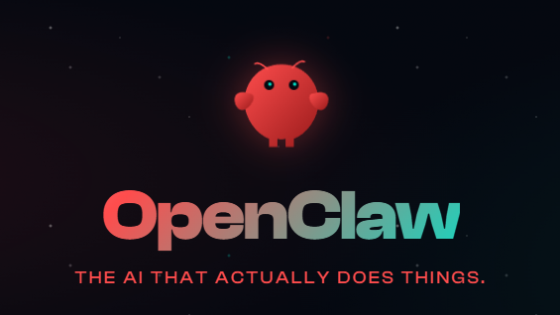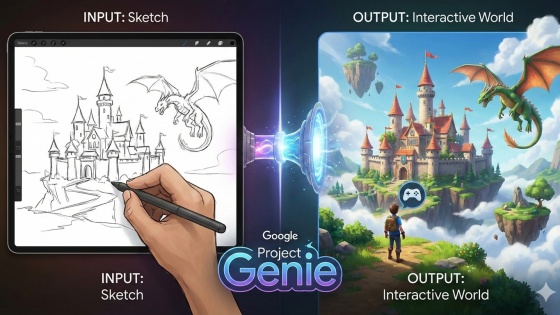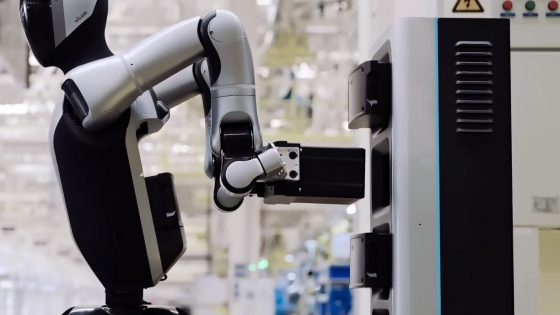Will ChatGPT become just an online search engine or something more?

While tech giants are focusing on developing increasingly advanced artificial intelligence (AI), it seems that most users are not leveraging the technology for complex, multi-dimensional tasks. Instead, they often use it for everyday searches for information that they would otherwise obtain using traditional web search engines like Google.
According to the results recent research from Adobe As many as 77% of ChatGPT users in the US use ChatGPT primarily as an alternative to traditional web search. In fact, nearly a quarter of users rank ChatGPT as their first choice for quickly retrieving information. Users most often use it for general inquiries (55% of %), searching for creative ideas (53% of %), financial advice (20% of %), and even online shopping (13% of %).
The main reasons why users choose ChatGPT include quick and clear summarization of information, reduced number of clicks to access answers, and a sense of personal approach that traditional web search engines do not provide.
Unexpected user choice
OpenAI founder Sam Altman envisioned ChatGPT to be much more than just an information-retrieval tool. His vision was for an AI-powered personal assistant that could autonomously perform complex tasks and learn and even anticipate users’ needs. Users are not yet inclined to such advanced uses; they prefer practical, everyday use cases.
This is quite similar to the experience we had with voice assistants like Alexa and Google Assistant. While developers promised revolutionary changes, most users still stuck to using voice assistants to set timers and check the weather forecast.
Although ChatGPT has not become a digital assistant, as Altman had planned, at least for now, its popularity as a tool for quickly searching and verifying information undoubtedly indicates the immense utility that such applications have.
What does this mean for the future of artificial intelligence?
While users continue to explore the possibilities of tools like ChatGPT, technology companies are working to achieve even greater integration of advanced artificial intelligence into users' daily lives. Google, Microsoft and others are investing heavily in developing competing tools that will offer more options for users.
At the same time, experts warn of the importance of critically evaluating the impact and rationale for rapid adoption of AI technologies. Instead of blindly following every technological trend, it is crucial for users and companies to carefully consider how these technologies truly improve their quality of life and impact society at large.






























